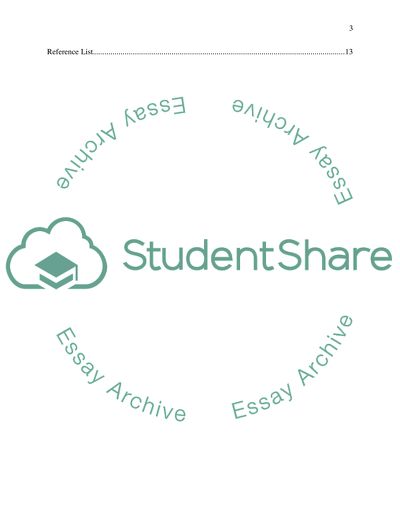Cite this document
(“Critically evaluate the respective accounts of the ICA.Review the Essay”, n.d.)
Critically evaluate the respective accounts of the ICA.Review the Essay. Retrieved from https://studentshare.org/finance-accounting/1631256-critically-evaluate-the-respective-accounts-of-the-icareview-the-financial-position-in-2010-and-2013-and-how-the-ica-have-repositioned-themselvesgive-your-own-observations-for-the-future-and-make-recommendations
Critically evaluate the respective accounts of the ICA.Review the Essay. Retrieved from https://studentshare.org/finance-accounting/1631256-critically-evaluate-the-respective-accounts-of-the-icareview-the-financial-position-in-2010-and-2013-and-how-the-ica-have-repositioned-themselvesgive-your-own-observations-for-the-future-and-make-recommendations
(Critically Evaluate the Respective Accounts of the ICA.Review the Essay)
Critically Evaluate the Respective Accounts of the ICA.Review the Essay. https://studentshare.org/finance-accounting/1631256-critically-evaluate-the-respective-accounts-of-the-icareview-the-financial-position-in-2010-and-2013-and-how-the-ica-have-repositioned-themselvesgive-your-own-observations-for-the-future-and-make-recommendations.
Critically Evaluate the Respective Accounts of the ICA.Review the Essay. https://studentshare.org/finance-accounting/1631256-critically-evaluate-the-respective-accounts-of-the-icareview-the-financial-position-in-2010-and-2013-and-how-the-ica-have-repositioned-themselvesgive-your-own-observations-for-the-future-and-make-recommendations.
“Critically Evaluate the Respective Accounts of the ICA.Review the Essay”, n.d. https://studentshare.org/finance-accounting/1631256-critically-evaluate-the-respective-accounts-of-the-icareview-the-financial-position-in-2010-and-2013-and-how-the-ica-have-repositioned-themselvesgive-your-own-observations-for-the-future-and-make-recommendations.


